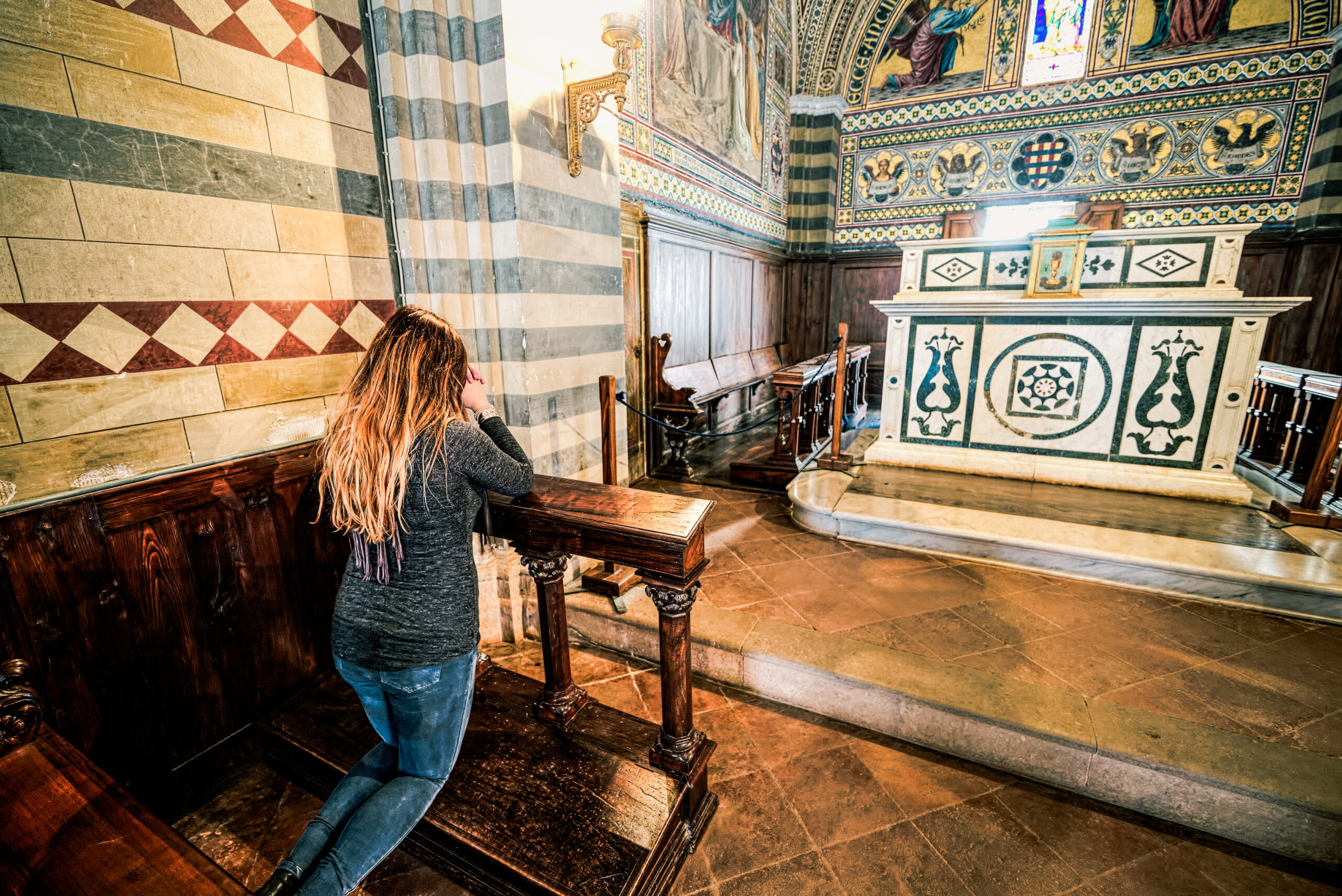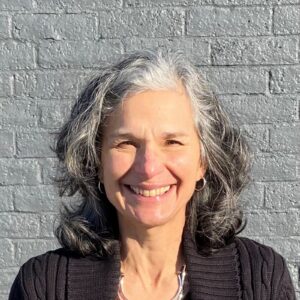ANNIE DALBY
Whatever your vantage point, stop and look around. This person may be currently grieving, that person may be about to be levelled by loss, that person may finally be coming up for air. You each have a unique, individual grief story, and yet you, me — all of us — we all share the language of grief and loss that is part of our human experience.
There is a little town located on Lake Como in Italy named Mandello del Lario. It is a picturesque community that offers stunning scenery, great food, and a sense of quiet living. I stopped there several years ago with my husband as part of an extended tour of northern Italy. David wanted to tour the Moto Guzzi Museum and enjoy learning about the history of that particular motorcycle. I was very happy to stroll through the rest of the town alone, wandering up and down quiet avenues and into buildings built several hundreds of years ago, along with strolling through parks on the shores of gorgeous Lake Como.
One of the places I was most drawn to was a church, the Sanctuario Beata Vergine del Fiume, or the Church of the Blessed Virgin of the River. It was a small, unassuming, and yet stunning church built in the Baroque style of architecture in the early 1700s. It had a tiny courtyard where beautifully painted Stations of the Cross invited one to enter into prayer and contemplation, and after spending time there, I entered into the sanctuary. It was quiet, peaceful, and so, so beautiful, and as I approached the altar I could feel and sense the echoing prayers of thousands of worshippers who had walked before me down that very aisle, carrying their burdens and blessings with them.
After kneeling awhile at the altar, I sat down in a weathered pew, sighing into the silence, breathing in the faint scent of fresh flowers, candle wax, and incense. It was a tranquil setting, a blessed one, and my prayers expressed a heartfelt gratitude and a sense of being humbled by my very tiny place in the story of the world.
I don’t know how long I sat there by myself, but eventually I found myself surprised when the seat beside me was filled by a very small, very old Italian nun. She wore a long skirt and short habit, beneath which a serene smile drifted from her lips to her eyes. She proceeded to draw a rosary from the pocket of her robe, nodding as she tapped my knee, where my own rosary beads were splayed. The old woman murmured something unintelligible before commencing to pray in whispered Italian, the phrases somehow musical and holy to me.
Years later, I think perhaps what made those moments holy was the fact I could travel across the Atlantic Ocean, to a small town and tiny church surrounded by majestic mountains, to a pew, an altar, a prayer with a stranger who truly wasn’t a stranger at all. The little Italian nun and I were speaking a common language in different tongues — the language of prayer — a language that can be understood even when our words are unintelligible to one another.
I believe the language of grief is similar. We all speak it, though at different times, in different places, for different reasons, in different tongues. Loss is as common to the human condition as a heart is to a human body; joy and exultation as common as heartbreak.
You may speak English, Italian, Swahili, or Vietnamese. You may worship in a church, a mosque, or a temple; deep in the woods, at the ocean’s shore, or gazing up at the tangled vegetation of the jungle. Your family may be large and supportive, or you may walk through this life virtually on your own.
Whatever your vantage point, stop and look around. This person may be currently grieving, that person may be about to be levelled by loss, that person may finally be coming up for air. You each have a unique, individual grief story, and yet you, me — all of us — we all share the language of grief and loss that is part of our human experience.
The next time you feel piercingly alone, look around. An old Italian nun may come walking up, or you may be guided to open your wounded heart and allow it to reach out and touch another human soul. Your story is unique and different and so very sacred. But in a very real way, another person may know exactly what you mean when you speak of your grief journey. It will be a complete surprise, and yet exactly what they expected.
We all speak a common language.
Annie is a Bereavement Clinician at Cornerstone of Hope Columbus.


No Comments.